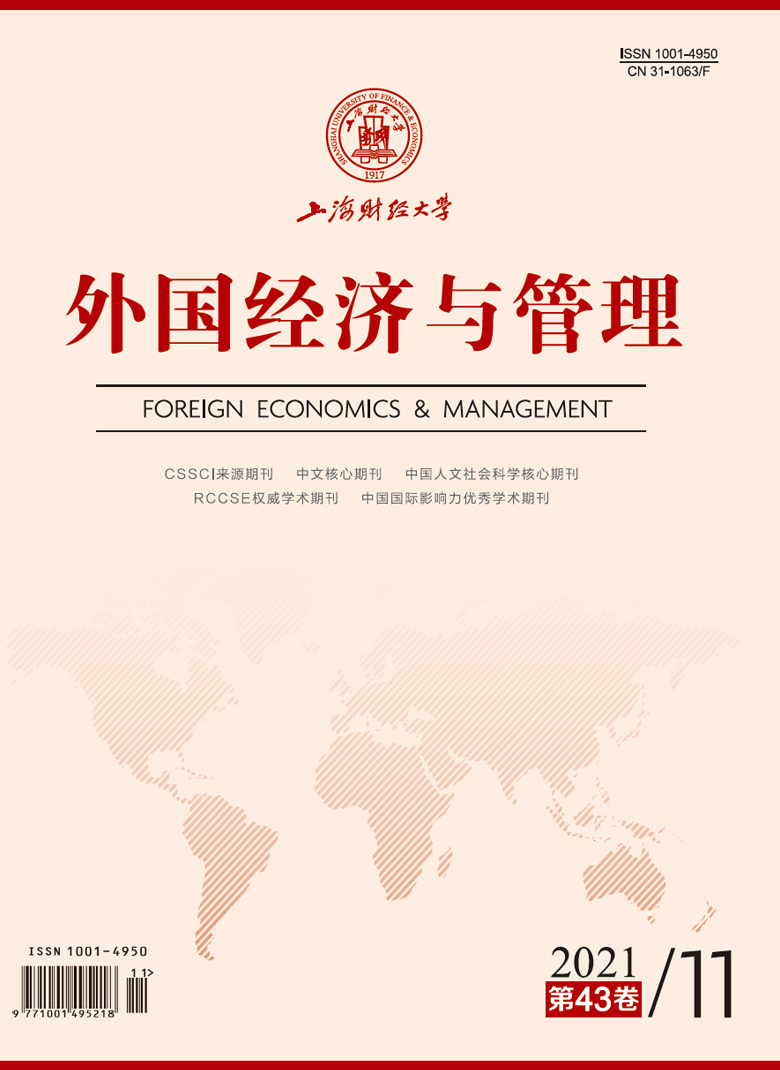On March 1, 2020, the new “Securities Law” officially began to be implemented. The new “Securities Law” proposes to be guided by the needs of investors and fully disclose the information necessary for investors to make value judgments and investment decisions, so as to be concise, clear and easy to understand. Text information is an important part of annual reports of listed companies in China. However, annual reports disclosed by listed companies are increasingly characterized by obscure words and ambiguous expressions. Managers, out of self-interest motives, manipulate the text information of annual reports to guide investors to make judgments that are beneficial to the value of companies and their own capabilities. Readability is the most basic requirement for text information. As the basis for investors to obtain information, the readability of annual reports plays an important role in investors’ understanding of information and making accurate value judgments. For a long time, the development of China’s capital market has been affected by a number of frequent economic policies, and the negative effect of economic policy uncertainty has gradually become the focus of attention in the field of economics and finance. The introduction of a macro policy will first affect the behavior of enterprises, and then affect the output of enterprises, which also includes information output. As an important communication channel between enterprises and the capital market, will economic policy uncertainty also have a negative impact on the information disclosure of listed companies in China? This paper explores this from the perspective of the readability of annual reports.
Taking A-share listed companies in China from 2013 to 2018 as samples, this paper finds that economic policy uncertainty has both positive and negative effects on corporate information disclosure, but it reduces the quality of information disclosure as a whole. Specifically, economic policy uncertainty increases the opportunistic behavior of managers, which leads to the decrease of the readability of annual reports, that is, the management has the behavior of “fishing in troubled waters” under economic policy uncertainty. But at the same time, financial constraints caused by economic policy uncertainty can improve the readability of annual reports. Managers will take the initiative to improve information disclosure to ease financial constraints, that is, there is a behavior of “proving himself to be innocent”. Further analysis shows that the negative effect of “fishing in troubled waters” is more significant in enterprises with a lower market value and a higher risk level, and there is no significant difference between state-owned enterprises and non-state-owned enterprises; the positive effect of “proving himself to be innocent” exists in different types of enterprises, but the degree of performance is different. The innovations of this paper are as follows:(1)The existing research on economic policy uncertainty pays more attention to its negative effect. By distinguishing the positive and negative behaviors of enterprises in the uncertain environment, this paper explores the positive and negative effects of economic policy uncertainty on information disclosure, which helps to more comprehensively understand the behavior of enterprises in response to changes in the external environment.(2)Compared with the existing research on the opportunistic behavior of managers who mainly manipulate digital information, this paper makes a beneficial expansion from the aspects of text information manipulation, that is, the writing and expression of the specific content of information, which provides a new perspective for better standardizing the behavior of managers of listed companies and improving the quality of information disclosure.(3)Based on the readability of annual reports, this paper analyzes the transmission mechanism of macroeconomic policies from the micro level, and expands the research of the combination of macro and micro, which helps to understand the mechanism of macroeconomic policies affecting enterprise behavior more clearly, and provides a more solid micro basis for the formulation of macroeconomic policies.





 12491
12491  7714
7714

